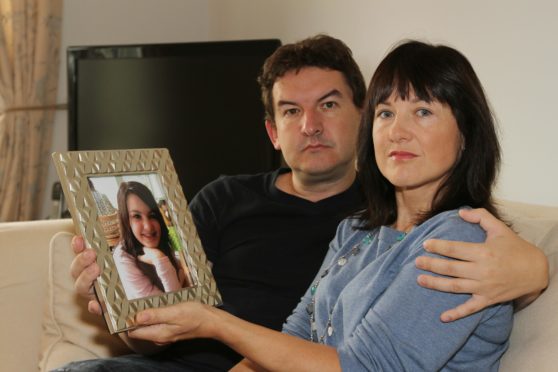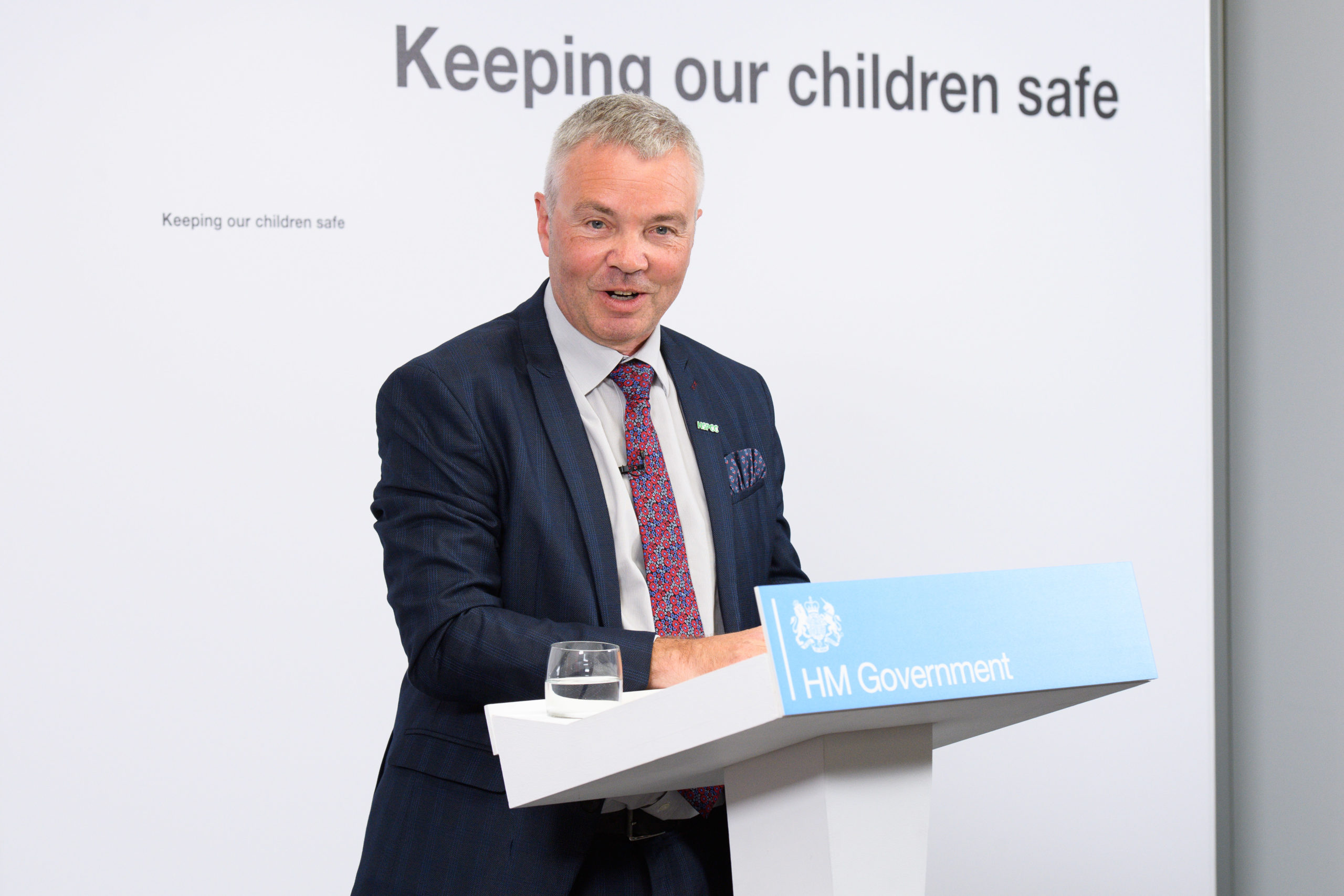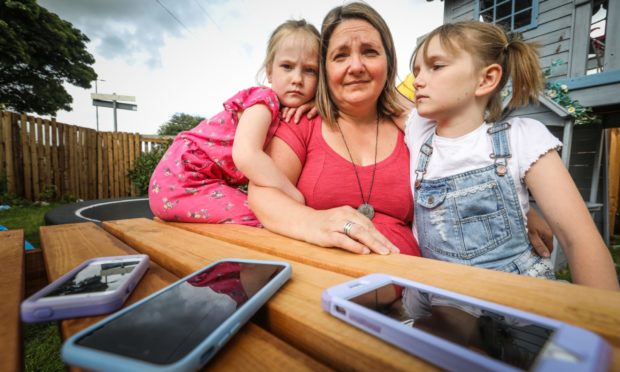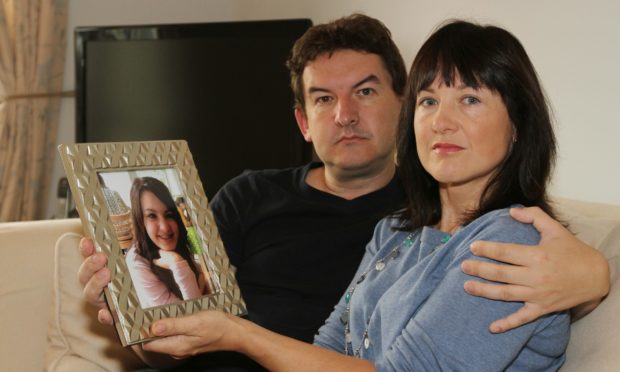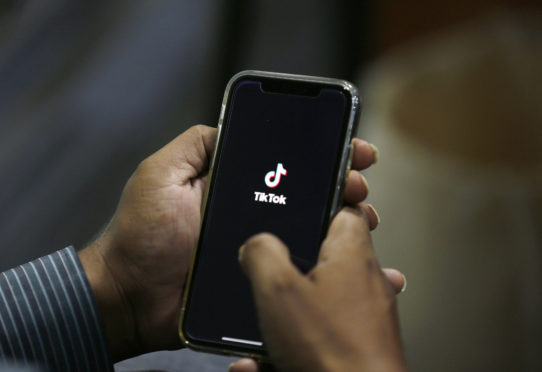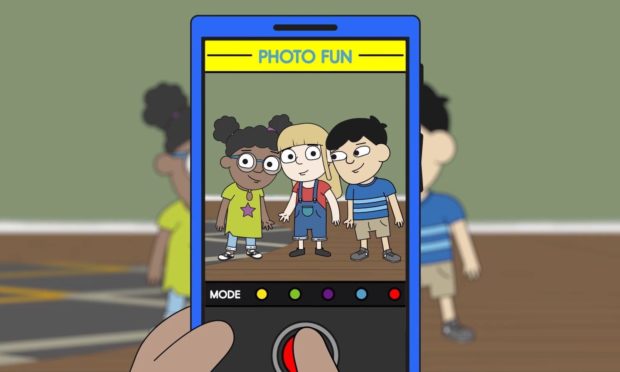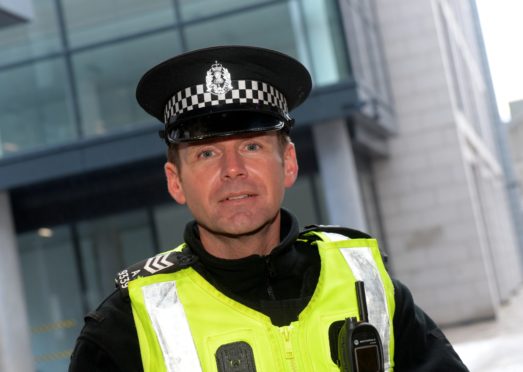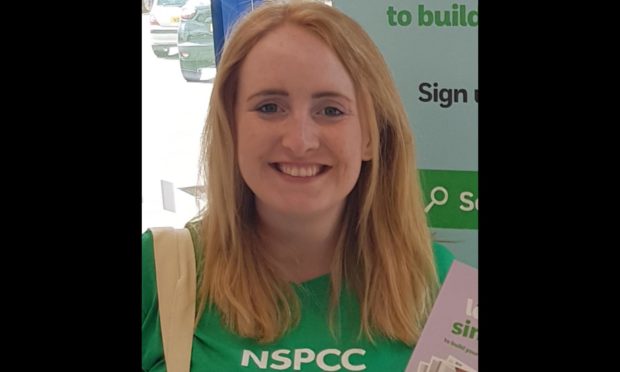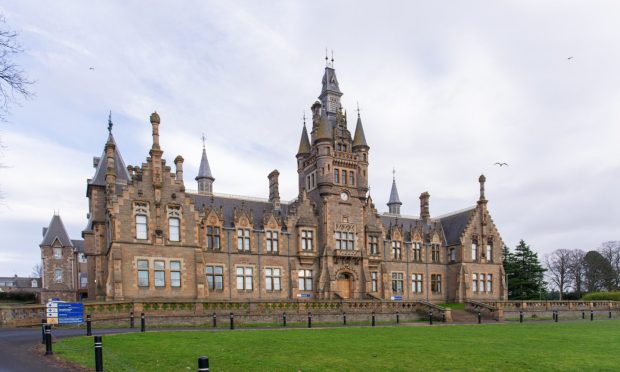Following the tragic death of teenager Sophie Parkinson in 2014, her mother Ruth Moss decided to dedicate her legacy to pushing for stricter regulation of social media harms which had a devastating effect on her life.
The Liff teenager had battled with mental health issues for around six years before she died. But her illness escalated after viewing dangerous content relating to suicide and having conversations with older men.
Ruth is calling on social media bosses to crack down on the activity and take accountability for harmful posts.
Internet access is inescapable for young teens, despite heavy limitations in place at home and at school. It is available on public transport, in shopping centres and in restaurants, meaning children can browse unrestricted while out with their friends.
It is for this reason that Ruth says parents cannot be held solely accountable for what their children view online.
Ruth had been strict with the content Sophie was allowed to view at home and had rules in place to limit how long her daughter spent on social media, including banning devices being taken to bed.
But it was not enough to prevent Sophie from being exposed to the upsetting content, she said.
“There is a parent responsibility and I don’t deny that but you also can’t expect parents to police the internet 24/7 with children.”
Ruth Moss
Following the death of her 13-year-old daughter, Ruth began campaigning with the NPSCC to push for tighter regulation and more education around mobile technology and the dangers of strangers online.
Ruth said parents must help combat the issue by discussing the dangers of social media with their children – but ultimately they cannot block online harms all together.
She said: “There is a parent responsibility and I don’t deny that but you also can’t expect parents to police the internet 24/7 with children.
“It’s just not feasible and online companies need to take more responsibility for making sure this stuff isn’t on their site.”
She has taken a petition from the NPSCC’s Wild West Web campaign, signed by around 46,000 people, to Downing Street on July 1 last year.
It called for statutory regulation which would mean social networks have a legal duty to protect every child.
The charity has also asked the UK government to ensure digital technology, which is a reserved matter, is moderated by an independent regulator with hefty punishments placed on firms which break the rules.
Urgent action is needed, charity bosses have said, as Police Scotland figures estimate that the number of online sex crimes against children during lockdown (April to June) reached the equivalent of more than five a day – a 20% increase on the same quarter last year.
Ruth’s campaigning had led to discussions with social media bosses on how to combat online harms.
Traditionally, she said, companies have denied responsibility, saying they do not own the content and cannot remove everything immediately.
“When they’re making billions of pounds in profit this response isn’t acceptable. It’s removing their accountability.
“It’s all very easy to blame the parents but I would say to any parent that has a young teenager – what do they really know about what’s on their mobile phones, or the mobile phones of other children? Internet is ubiquitous – it’s everywhere.”
Britain to be ‘world leading’ in online safety
In response to the campaign, the UK Government has promised to introduce legislation and published the Online Harms White Paper in April last year outlining measures to tackle online abuse such as encouraging suicide, cyber bullying or child sexual exploitation.
An independent regulator, minded to be Ofcom, will also be appointed to enforce the new standards and ensure social media firms abide by a mandatory “duty of care” to protect online users. Heavy fines may be imposed for a failure to do so.
Digital communication is a reserved matter and in February Home Secretary Priti Patel and Digital Minister Caroline Dinenage said it was their ambition to make Britain the safest country in the world for online use.
It is understood a full consultation response is expected in the coming weeks with legislation expected in the new year.
The Department for Digital, Culture, Media and Sport told us legislation would be introduced “as soon as possible”.
A spokeswoman added: “We intent to establish in law a new duty of care on companies towards their users, overseen by an independent regulator. The duty of care will require companies to put in place appropriate systems to keep users safe.”
NSPCC chief executive Peter Wanless said future generations of children will face “serious harm and sexual abuse that could have been stopped” if legislation is not introduced urgently.
He added: “Industry inaction is fuelling sex crimes against children and the fallout from the coronavirus has heightened the risk of abuse now and in the future.
“The Prime Minister has the chance of a lifetime to change this by coming down on the side of children and families, with urgent regulation that is a bold and ambitious UK plan to truly change the landscape of online child protection.
“The Online Harms Bill must become a government priority, with unwavering determination to take the opportunity to finally end the avoidable, serious harm children face online because of unaccountable tech firms.”


